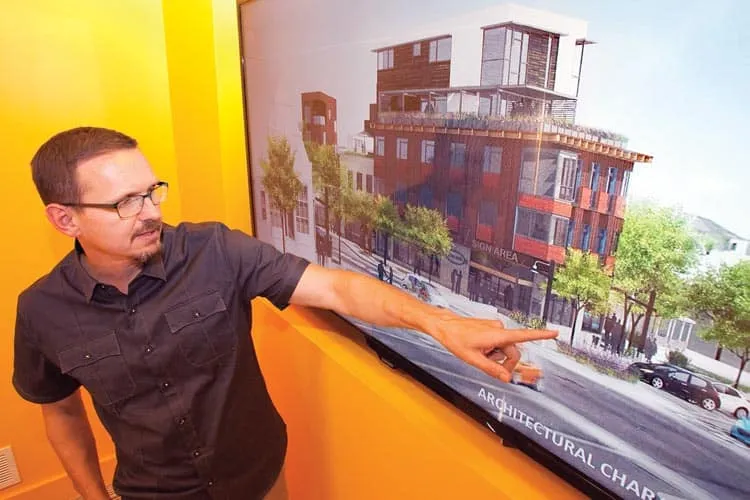New life flowing into Fort Collins River District
On the banks that bore a city, developers reimagine Old Town Fort Collins

FORT COLLINS — A flurry of new urban development in Fort Collins’ River District is generating momentum to rehabilitate the area that once was Camp Collins, a military outpost established along the Poudre River in 1864, and by the 1870s had become the city’s center.
In ensuing years, the 17-acre area has been home to industrial and agriculture companies scattered throughout, anchored at the east end by the Ranch-Way Feed Mill, the oldest continuously running business in Fort Collins.
But now a few developers are acting on their passion to create a vibrant work/live/play neighborhood that…
THIS ARTICLE IS FOR SUBSCRIBERS ONLY
Continue reading for less than $3 per week!
Get a month of award-winning local business news, trends and insights
Access award-winning content today!
